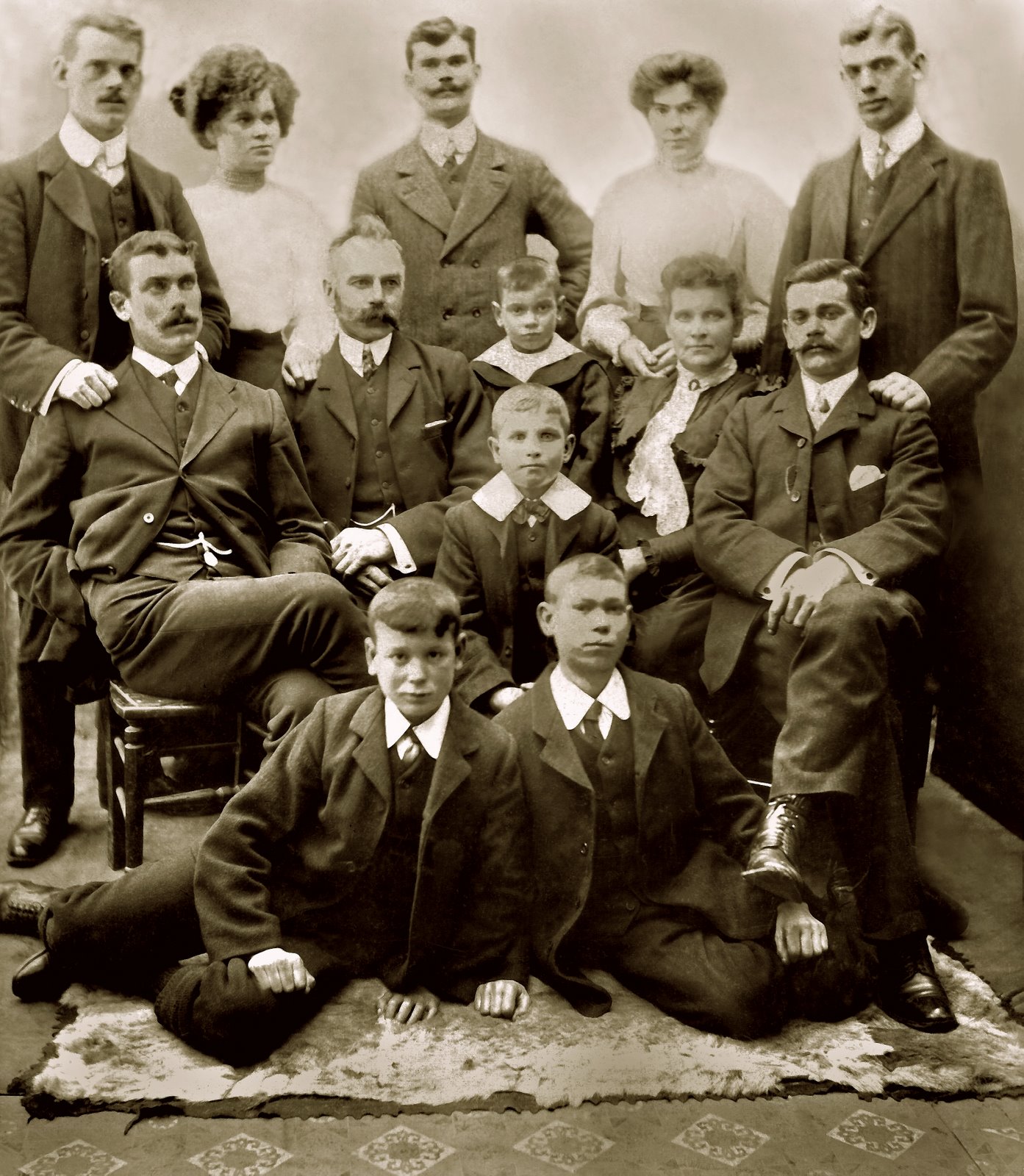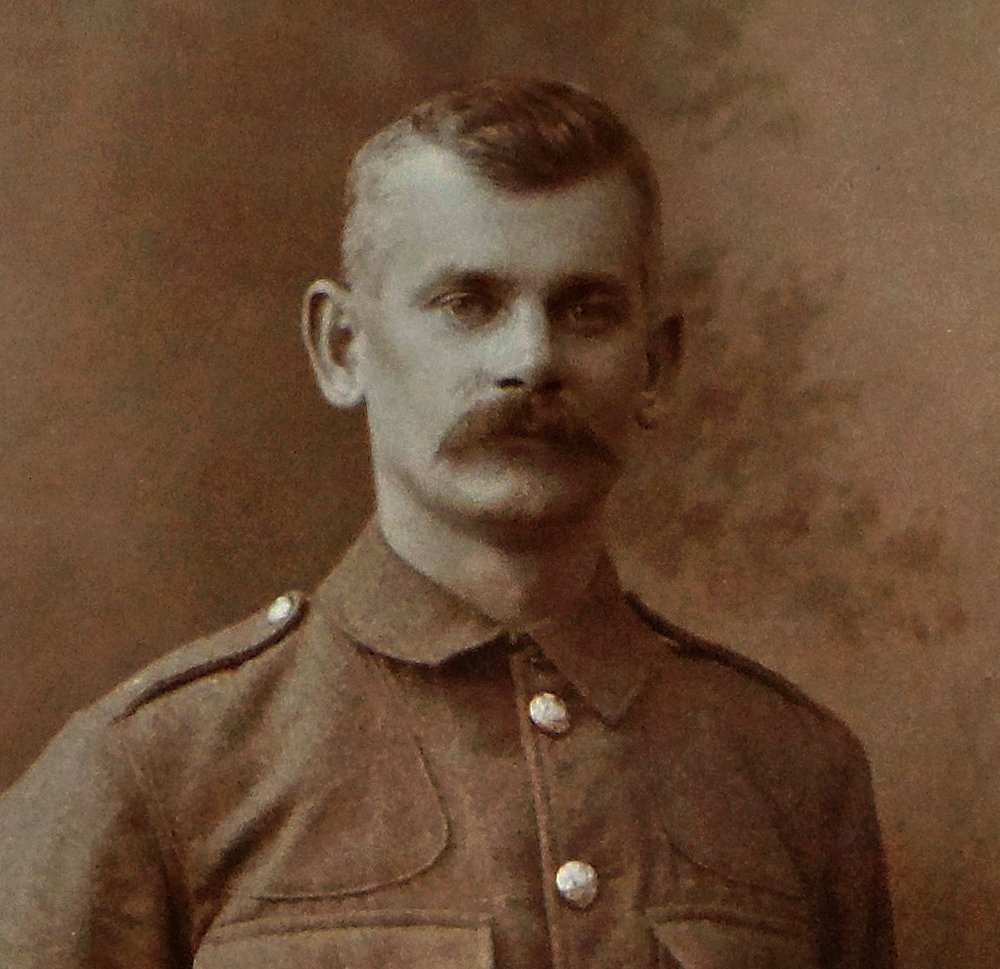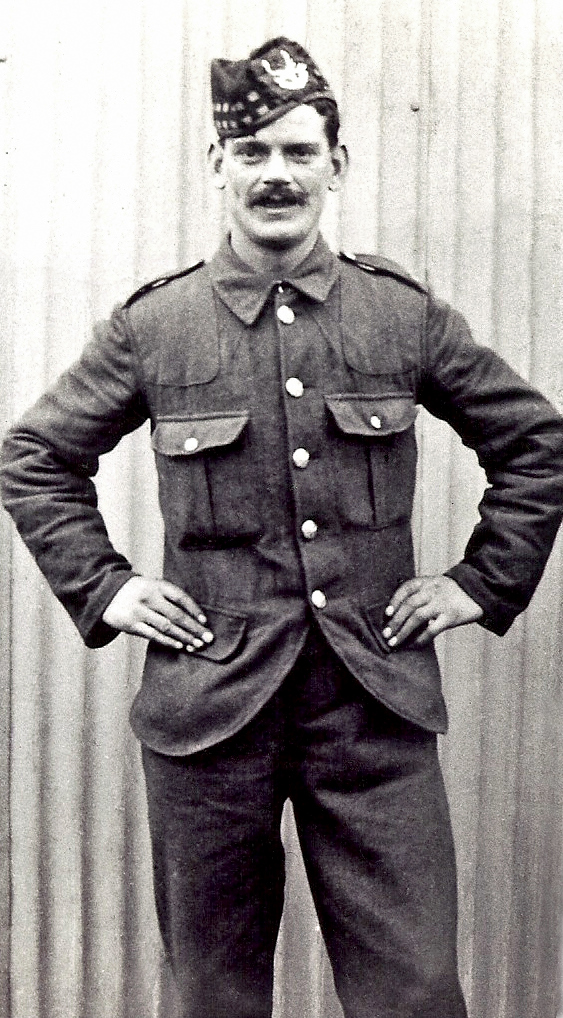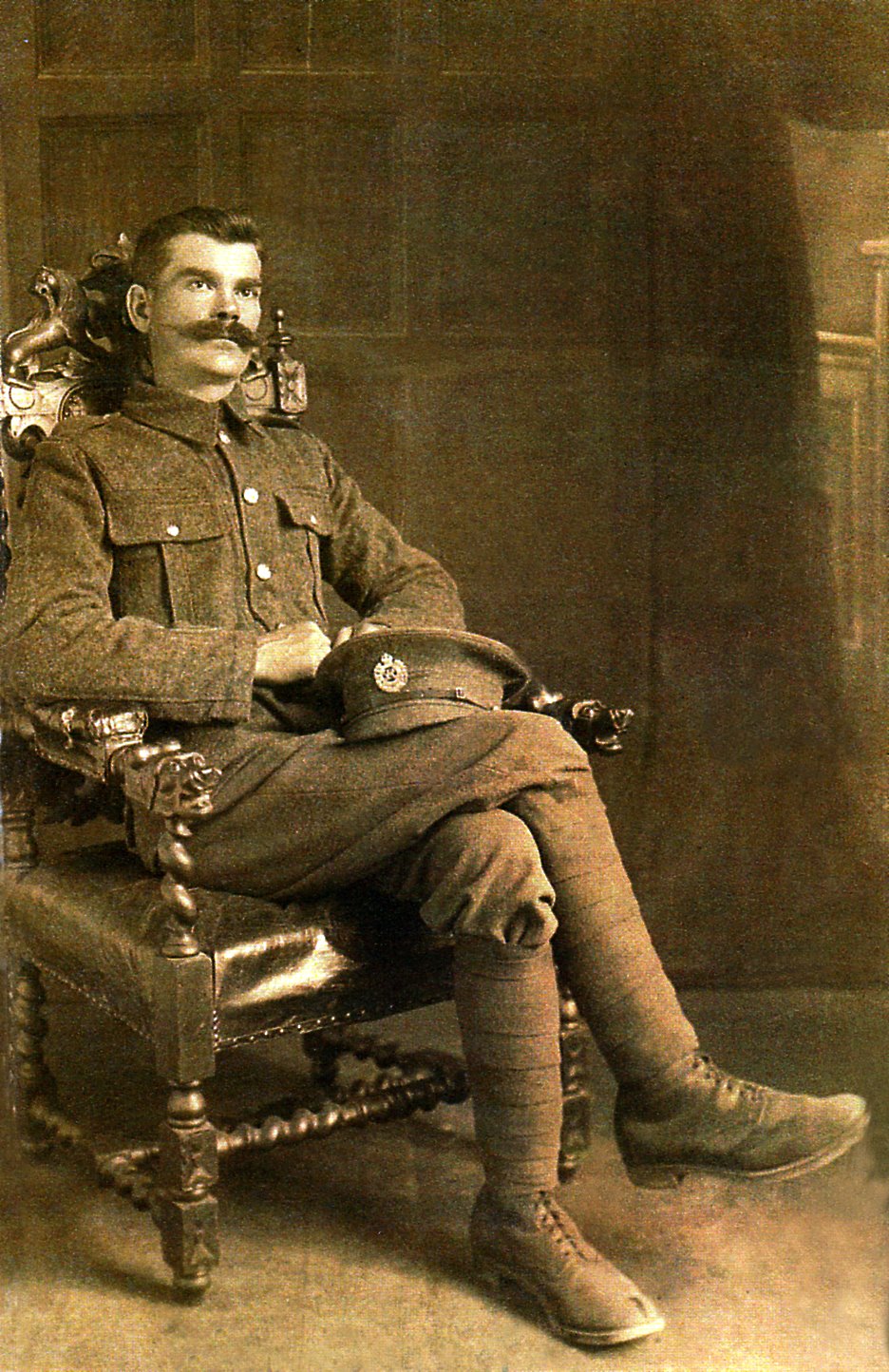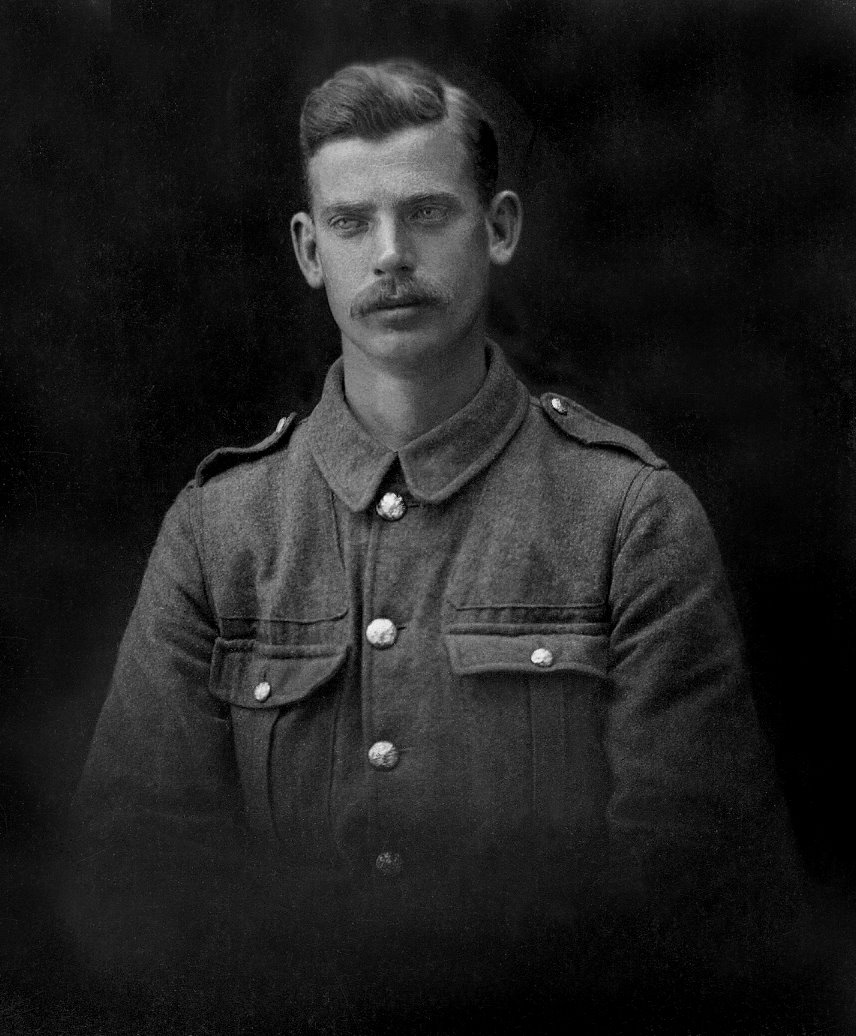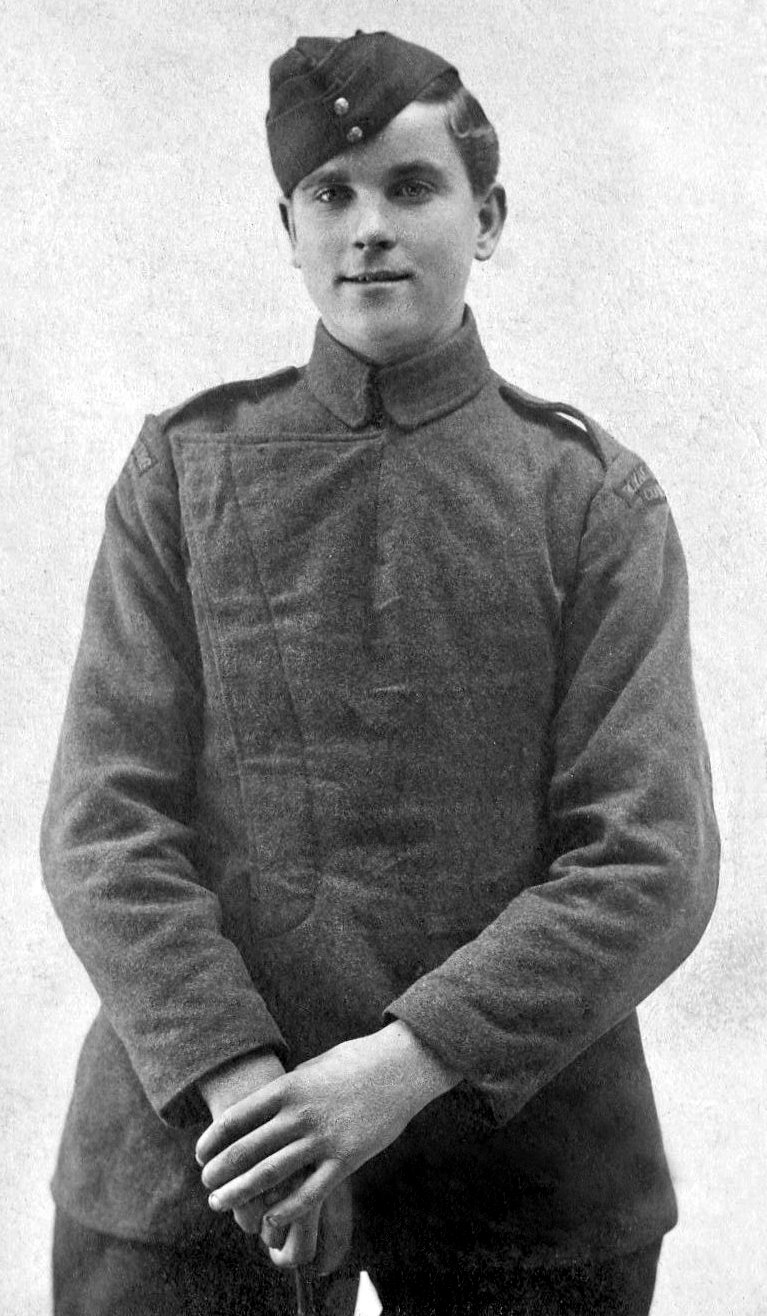Might be worth taking a leaf out of New Zealand’s book…
———————
‘Roaring chorus’ to mark centenary of Armistice Day peace
It is almost a century since the signing of the armistice in a French forest banished the shattering sounds of the First World War and replaced them with the crescendo of peace.
That moment, on November 11, 1918, triggered a cacophony of joy around the world, though news of the ceasefire only reached New Zealand the following day.
School was abandoned for the day and factories came to a standstill as thousands of people filled streets in towns and cities across the country to celebrate.
The Evening Post in Wellington described a scene of “songs and cheers, miscellaneous pipings and blastings, and tootings and rattlings – a roaring chorus of gladsome sounds”.
That “roaring chorus” will be recreated at 11.02am this November 11 to mark the event’s centenary, a joyful noise to signal the end of a nationwide two-minute silence and the beginning of the fresh hope the end of the war brought.
A fanfare played by the bells of the National War Memorial Carillon during a ceremony in Wellington will strike the first notes, before celebrations ring out across New Zealand.
Church and cathedral bells will toll for up to 45 minutes, linking with similar campaigns in the UK, Germany and the United States.
The public are also invited to be involved, with vintage cars honking their horns, singing and drumming at community events and even a mine’s siren being used to mark the moment.
Tens of thousands of people are expected to bring horns, bells and hooters to a service at the Auckland War Memorial Museum, while in Hokitika cannon and period rifles will be fired.
Ships and boats around the coast will sound their horns to commemorate the troop ships, warships, merchant vessels and hospital ships involved in the war, with ferries, tugboats and HMNZS Canterbury in Wellington taking part.
Fire trucks and police cars will sound their sirens where they can, the TSS Earnslaw on Lake Wakatipu will recreate the tooting of its predecessor steamship Ben Lomond as it heralded the news with its horn, and KiwiRail’s train and ferry services will also take part.
An estimated 8000 railway employees fought during the war, at least 450 of them never returning home.
But when news of the armistice reached Otago, it was reported that “all the steam whistles and church bells in the district were going, and each railway engine in passing added its quote to the general rejoicing”.
KiwiRail acting chief executive Todd Moyle said: “A hundred years on, we can only imagine the joy and relief that Kiwis must have felt when they heard the war was over.
“Sounding the horns of our trains and ferries, as happened then, is a reminder of that joy, but also of the sacrifices that were made.”
Sarah Davies, director of ww100, the First World War centenary programme, said the roaring chorus would allow communities to break the silence in a way that is relevant to them.
“After four years of remembrance, we can now reconnect with the sense of joy and relief that swept the county when news of the end of fighting came through.
“The thanksgiving and jubilation overwhelmed the New Zealanders who had endured so much hardship and loss since 1914.”
from https://www.stuff.co.nz/national/108222178/roaring-chorus-to-mark-centenary-of-armistice-day-peace?rm=m
